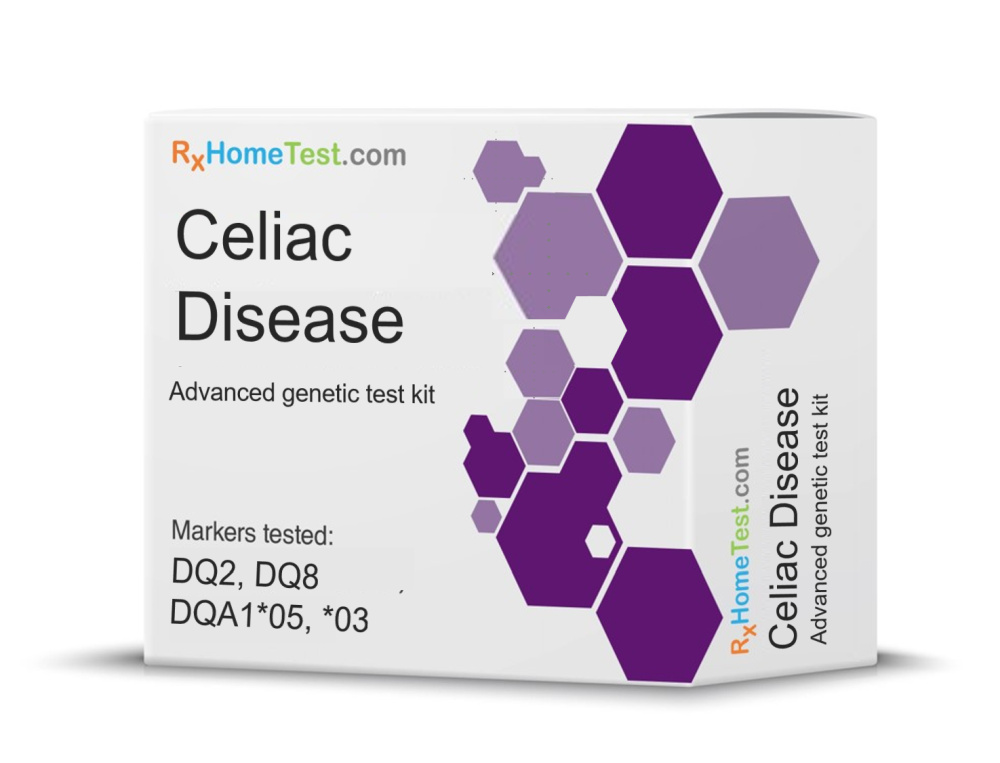
Need to know if at-home lab test kits are eligible for FSA or HSA accounts? Get the answers you need to make sure your testing expenses are reimbursable.
Staying healthy doesn't just mean eating a balanced diet and exercising; regular medical checkups are necessary, too. But what if you want to track your cholesterol levels or monitor other aspects of your health from the comfort of your own home? With a variety of convenient at-home lab test kits now available through various retailers and healthcare providers, many people are wondering whether at-home test kits are FSA/HSA eligible. We'll discuss this matter in greater detail today, so read on for more information.
Both FSA and HSA are tax-advantaged savings accounts that help people pay for qualified healthcare expenses. FSA stands for flexible spending account, while HSA stands for health savings account. These accounts allow individuals to set aside a certain number of pre-tax dollars each year to use on eligible medical expenses. FSA expires at the end of each year (so one needs to use the money before new year starts), HSA doesn't have any expiry timeline. Check the IRS publication # 969 if you need specific details.
Are at-home test kits FSA/HSA eligible? At-home lab test kits can be eligible for FSA/HSA reimbursement, depending on the type of test and its purpose. Tests that are medically necessary, such as glucose tests for individuals with diabetes or fertility tests for those trying to conceive, are generally eligible for reimbursement from flex spending accounts and health savings accounts. Other types of at-home lab tests, such as those used for non-medical reasons or preventative care, may not be eligible. Since these tests include a doctor's prescription, they are often reimbursed. However, it is important to check with your FSA/HSA provider to determine if they cover a particular test or service under their policies. This is especially important for genetic tests, as they maybe not reimbursed by all providers.
If your at-home test is FSA/HSA eligible, you can request reimbursement. In order to get reimbursement from an HSA or FSA account, you will need to submit an online claim form with the required documentation. You can usually find these forms on your provider’s website, and they should provide instructions on how to complete them correctly. Once you submit your form, you’ll likely receive reimbursement within 30 days, though timelines can vary depending on the provider. It is important that you keep all your receipts, as your provider may need them in order to process your claim. Additionally, if the purchase is not eligible for reimbursement through an HSA or FSA account, you cannot use these accounts to cover the cost.
If you are looking for convenient and affordable home wellness test kits, be sure to check out RxHomeTest. We offer a wide selection of tests designed to provide accurate and reliable results that can help you stay informed about your health and well-being.Our tests are all FSA/HSA eligible, so you can be sure that your purchase is covered by these tax-advantaged accounts. Visit us online to learn more and get started with an easy and reliable at-home lab test today!

The Benefits of At-Home Health Test Kits - they are handy tools that put you in control of your own health.
How Can You Test Yourself for Celiac From Home? – it's easier than you think.
Tips for Understanding Thyroid Test Results – ranges for TSH, free T4, free T3, and TPO.
Saliva Testing – Key Advantages and Concerns – it's the easiest way to collect a sample.
The Best Ways To Manage Your Vitamin D Levels – few simple steps to get tested for optimal levels.
The Differences Between Genetic and Antibody Celiac Tests - a summary of key differences.
Early Warning Signs for Celiac Disease To Look Out For - a summary of key symptoms.
Sensitivity to Food – Allergy, Intolerance, and Celiac Disease - a comprehensive review.
Food Allergies vs Food Sensitivities: What’s the Difference? - a few simple steps to differentiate.